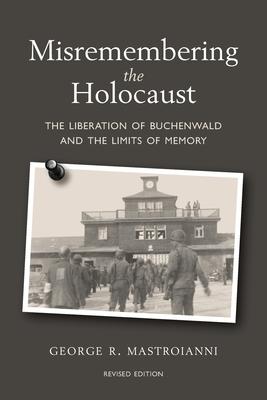The year 2020 marks the seventy-fifth anniversary of the end of World War II. The ranks of those who experienced and witnessed the war grow thinner with every passing day. In anticipation of the inevitable passing of those with first-hand memories of World War II, extensive and aggressive efforts have been made to collect and preserve the personal testimony of those who were there. That testimony has mainly been preserved just as it was remembered and given. Human memory is not always trustworthy: some of that testimony accurately reflects what happened, and some of it does not. This book focuses on a single event on a single day in WWII, the day Buchenwald was liberated, how that day has been remembered, and how it has been misremembered. While accurate testimony and information about the liberation of Buchenwald is easily found, exaggerations, distortions, false memories, and myths also abound. Sometimes these inaccuracies may be found in local news stories about the recollections of an aging survivor or veteran. But such inaccuracies are also readily found in books, articles, and on the websites and in the archives of prestigious Holocaust museums and organizations.

Misremembering the Holocaust: The Liberation of Buchenwald and the Limits of Memory
The year 2020 marks the seventy-fifth anniversary of the end of World War II. The ranks of those who experienced and witnessed the war grow thinner with every passing day. In anticipation of the inevitable passing of those with first-hand memories of World War II, extensive and aggressive efforts have been made to collect and preserve the personal testimony of those who were there. That testimony has mainly been preserved just as it was remembered and given. Human memory is not always trustworthy: some of that testimony accurately reflects what happened, and some of it does not. This book focuses on a single event on a single day in WWII, the day Buchenwald was liberated, how that day has been remembered, and how it has been misremembered. While accurate testimony and information about the liberation of Buchenwald is easily found, exaggerations, distortions, false memories, and myths also abound. Sometimes these inaccuracies may be found in local news stories about the recollections of an aging survivor or veteran. But such inaccuracies are also readily found in books, articles, and on the websites and in the archives of prestigious Holocaust museums and organizations.